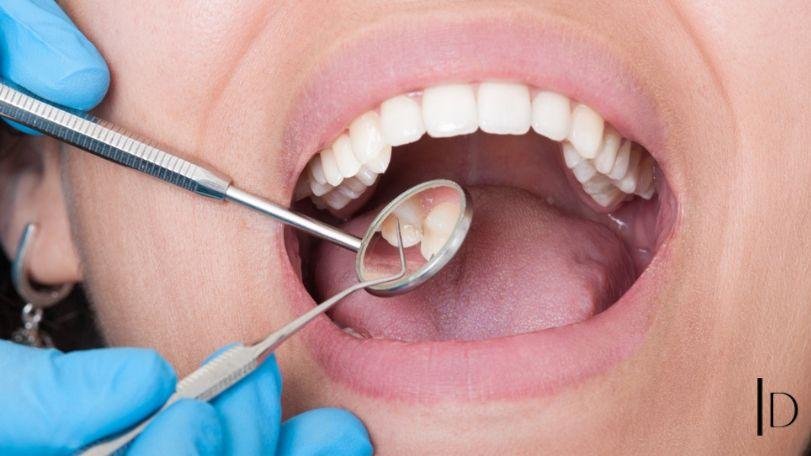Category: Teeth Lose

Understanding Teeth Lose Causes, Prevention, and Treatment
May 17, 2024Teeth lose are a common concern for both children and adults. While it’s a normal part of growing up for kids, loose teeth in adults can be a sign of underlying issues that need immediate attention. Understanding the causes, prevention, and treatment options for teeth lose can help you maintain a healthy smile.
Causes of Teeth Lose
For Children
In children, teeth lose are a natural part of the development process. As their permanent teeth begin to grow, they push against the roots of the baby teeth, causing them to loosen and eventually fall out. This typically starts around the age of six and continues until the early teenage years.
For Adults
Loose teeth in adults, however, are often a sign of dental problems that need to be addressed. Some common causes include:
- Gum Disease: Periodontal disease, or gum disease, is a major cause of loose teeth in adults. It occurs when plaque and tartar build up on the teeth and gums, leading to infection and inflammation. Over time, this can cause the gums to recede and the teeth to become lose.
- Trauma or Injury: Accidents or injuries to the mouth can cause teeth to become lose. This might happen from a fall, a blow to the face, or even biting down on something hard.
- Bruxism: Grinding or clenching your teeth, known as bruxism, can put excessive pressure on your teeth, leading to them becoming loose over time.
- Bone Loss: Conditions that affect bone density, such as osteoporosis, can weaken the jawbone and result in teeth lose.
- Poor Oral Hygiene: Inadequate brushing and flossing can lead to plaque buildup, gum disease, and eventually teeth lose.
Prevention of Teeth Lose
Preventing loose teeth involves maintaining good oral hygiene and taking steps to protect your teeth from injury and disease. Here are some key tips:
- Practice Good Oral Hygiene: Brush your teeth at least twice a day with fluoride toothpaste and floss daily to remove plaque from between your teeth and under your gumline.
- Regular Dental Checkups: Visit your dentist regularly for checkups and cleanings. Your dentist can identify early signs of gum disease and other issues that might lead to teeth lose.
- Healthy Diet: Eat a balanced diet rich in vitamins and minerals that support oral health. Avoid excessive consumption of sugary foods and drinks, which can contribute to tooth decay and gum disease.
- Mouthguards: If you participate in contact sports or grind your teeth at night, consider wearing a mouthguard to protect your teeth from injury.
- Quit Smoking: Smoking can significantly increase your risk of gum disease, which can lead to teeth lose.
Treatment for Teeth lose
If you notice that your teeth are lose, it’s important to seek professional dental care as soon as possible. Treatment will depend on the underlying cause:
- Gum Disease Treatment: If gum disease is the cause, your dentist may recommend a deep cleaning procedure called scaling and root planing to remove plaque and tartar from below the gumline. In severe cases, surgical intervention may be necessary.
- Splinting: For teeth loosened by trauma or bruxism, your dentist might use a technique called splinting. This involves bonding the loose tooth to adjacent teeth to stabilize it.
- Bone Grafts: In cases of bone loss, a bone graft might be necessary to regenerate lost bone tissue and provide a stable foundation for your teeth.
- Lifestyle Changes: Addressing habits like smoking or teeth grinding can prevent further damage. Your dentist may also recommend changes to your diet and oral hygiene routine.
- Extraction and Replacement: In cases where a tooth cannot be saved, extraction might be necessary. The missing tooth can be replaced with a dental implant, bridge, or denture.
Conclusion
Teeth lose can be a sign of significant dental issues, especially in adults. By understanding the causes, practicing good oral hygiene, and seeking prompt dental care, you can prevent and treat loose teeth effectively. Remember, maintaining a healthy smile requires regular dental visits and a commitment to good oral health practices.
